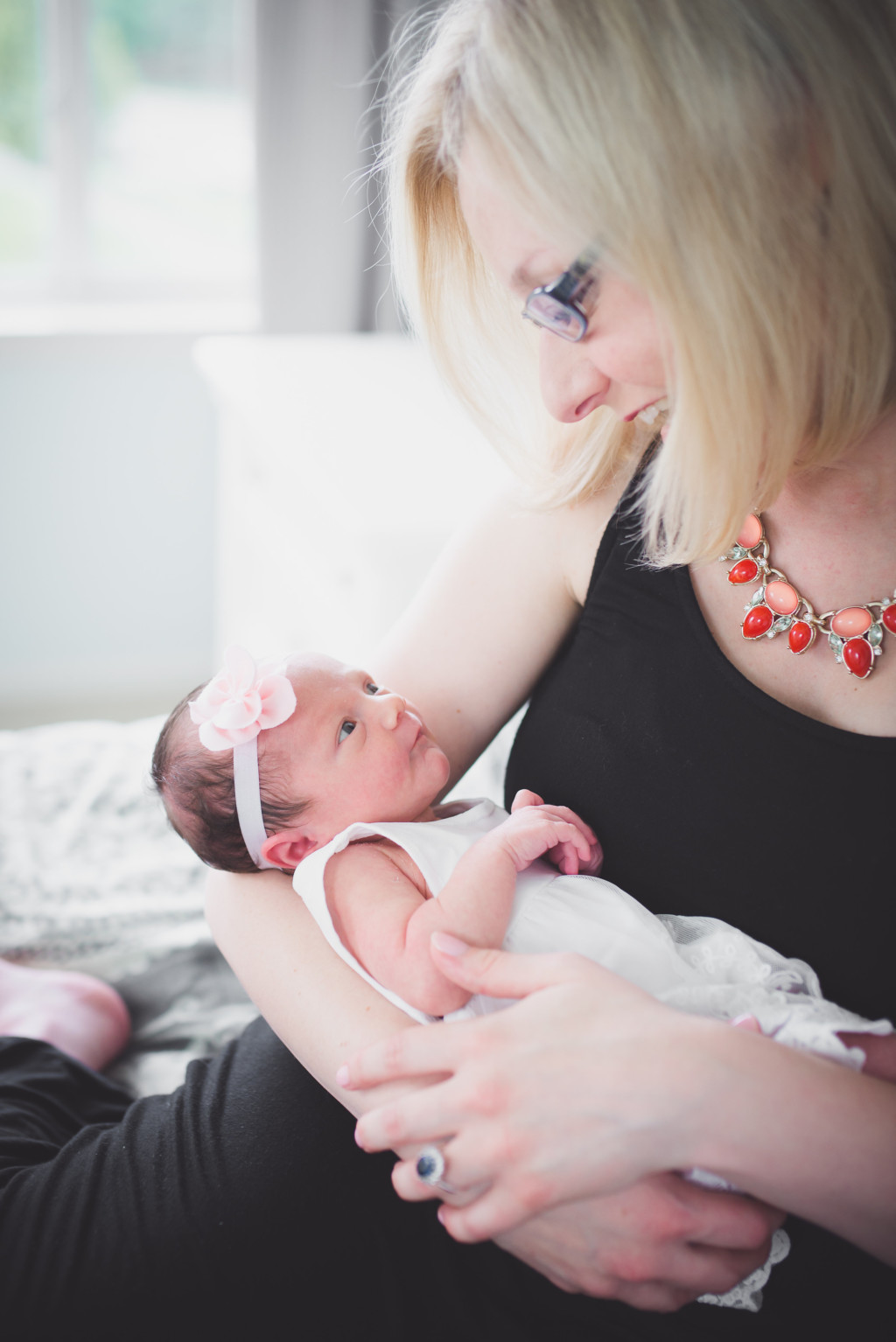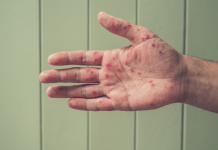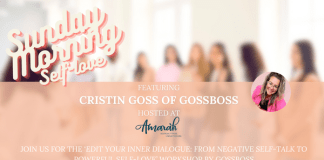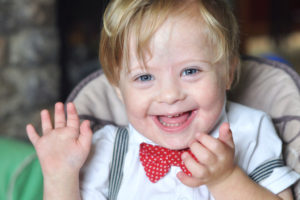We share our cravings and food aversions without a second thought. We discuss our physical struggles like swollen feet and round ligament pain. We warn against the dangers of deli meat and too much caffeine. But we keep secret the most devastating effects of pregnancy. Postpartum depression and anxiety affects almost one in five women after child birth, and it nearly swallowed me into a black hole.
I kept the blinds closed in my townhouse until ten minutes before my husband was due home from work. I canceled plans via text messages filled with exclamation points and smiley faces. I force fed myself applesauce and toast. I had a desperate case of insomnia and a constant nervous energy. I covered my ears to try to stop the staccato time-bomb ticking in my brain.
All the while, I took care of my newborn. I drifted through the motions of washing bottles and singing lullabies, but I felt like a ghost with translucent skin and bloodshot eyes. My hair hurt from the roots to the split ends. I fixated on tragic scenarios of my own making—like leaving my baby in a hot car or tripping while carrying her down the stairs. When I did sleep for an hour or two, I was jolted awake by vivid nightmares and phantom crying. I was on a sinking ship and couldn’t find the flare gun.
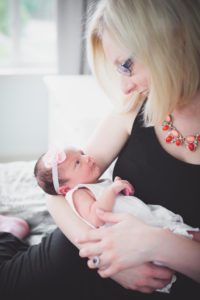
Photo Credit: Jenny Stover
I knew that motherhood was supposed to be hard, but I didn’t think it was supposed to be impossible. I tried to trick myself into feeling better, so I committed to walking every morning with my baby. I waved and smiled at strangers and talked about midnight feedings with neighbors. I restarted my yoga practice at the gym and gushed about my baby’s chubby cheeks. The weight lifted ever so slightly, and I could feel myself return for a few minutes at a time. But it never lasted.
I didn’t want to burden anyone. I didn’t want them to know about the panic attacks that made my heart practically beat out of my chest and my mind swirl with empty thoughts. I didn’t want them to know that I felt pinned under an invisible boulder and at the same time, untethered, like I was floating in space. I felt weak, alone, and afraid to seek help.
Finally, at my husband’s urging, I called a doctor. The next day, I sat on the examination table feeling like I was making a big deal out of nothing. Even then, I didn’t think that I had postpartum depression. Instead, the nurse held my hands after she took my vitals and told me that her postpartum depression had been so severe that she couldn’t even drive her car. My eyes stung and filled with tears.
I should have seen it, but my vision was clouded. I didn’t feel like the woman on the postpartum depression poster in the doctor’s office, standing hopelessly at the foot an insurmountable mountain. I didn’t feel sad. I didn’t think that I could be her.

A year later, I still have flashbacks to those dark days, and I think about the women who are currently suffering in silence. They deserve better from their communities and health professionals. They deserve to look back on their babies’ first months with joy.
Please check on the postpartum women in your life with more than the much appreciated casserole. Be the friend who insists to talk to her in person or on the phone so that you can hear her voice. Be the one who helps her make the call for an appointment. Let’s look out for each mother.
To raise awareness for PPD in the Pittsburgh area, the Alexis Joy D’Achille Foundation is hosting their fourth annual Run for Joy in North Park on Saturday, August 19, 2017. Please visit this website for more information: https://runsignup.com/Race/PA/AllisonPark/RunForJoy5kand1mileFunRun



